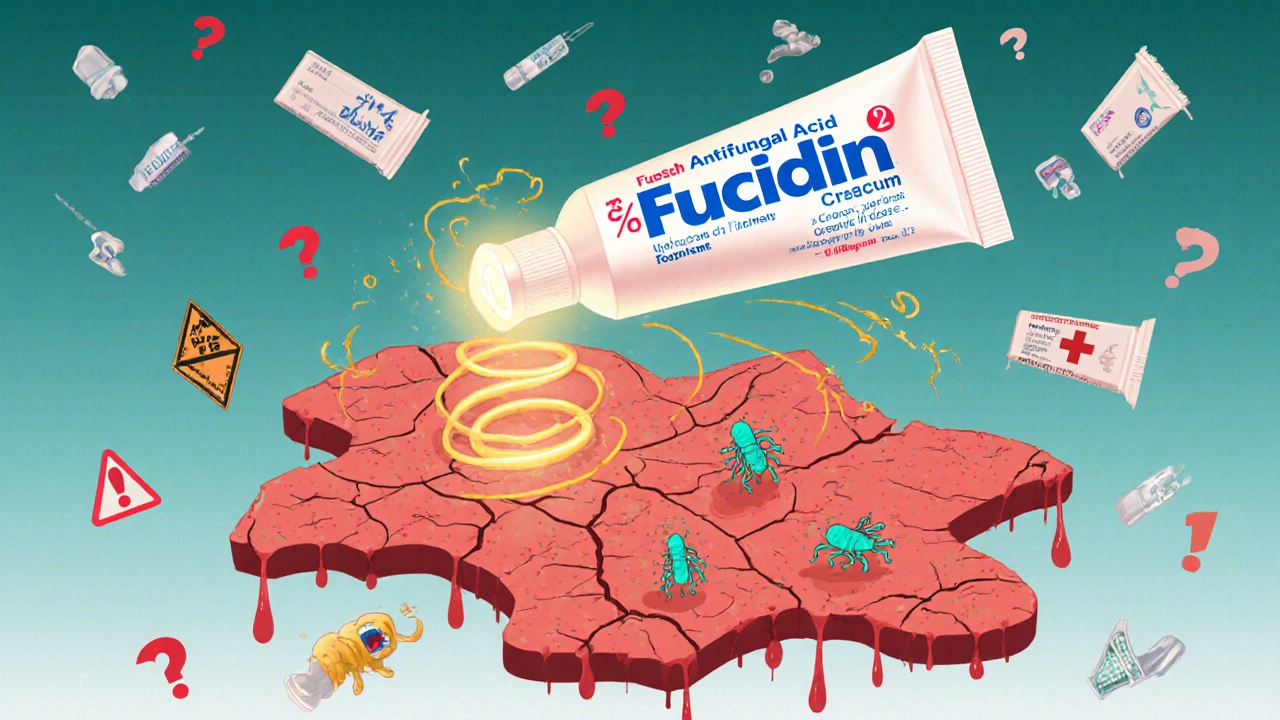Skin Infection Treatment: Common Causes, Top Medications, and What Actually Works
When your skin turns red, itchy, or starts oozing, you’re likely dealing with a skin infection, a condition caused by bacteria, fungi, or viruses breaking through the skin’s natural barrier. Also known as cutaneous infection, it’s one of the most common reasons people visit a doctor—or search online for quick fixes. These infections don’t always look the same. Some start as a small bump that grows. Others spread in a ring, like ringworm. Some burn. Others just won’t stop itching. The key is knowing what you’re up against before reaching for a cream or pill.
Most bacterial skin infections, like impetigo or cellulitis need antibiotics—either taken by mouth or applied as a cream. Topical steroids, like triamcinolone, are often mixed in with these treatments to calm inflammation, but they won’t kill the infection on their own. Using them alone can make things worse. Meanwhile, fungal skin infections, such as athlete’s foot or yeast rashes need antifungals, not antibiotics. Taking the wrong medicine doesn’t just waste time—it can let the infection spread.
What you see on your skin isn’t always what’s really going on. A rash that looks like eczema could be a fungal infection. A pimple that won’t heal might be MRSA. That’s why many people end up trying multiple treatments before finding the right one. The posts below cover real cases: how azithromycin helps with certain bacterial rashes, why triamcinolone works for scalp inflammation but not for infected sores, and how antivirals like famciclovir are used when herpes shows up on the skin. You’ll also find what not to do—like mixing steroids with antibiotics without a plan, or ignoring a spreading red patch because "it’s just a bug bite."
There’s no one-size-fits-all fix for skin infection treatment. But with the right info, you can cut through the noise and start healing faster—without wasting money or risking side effects.

